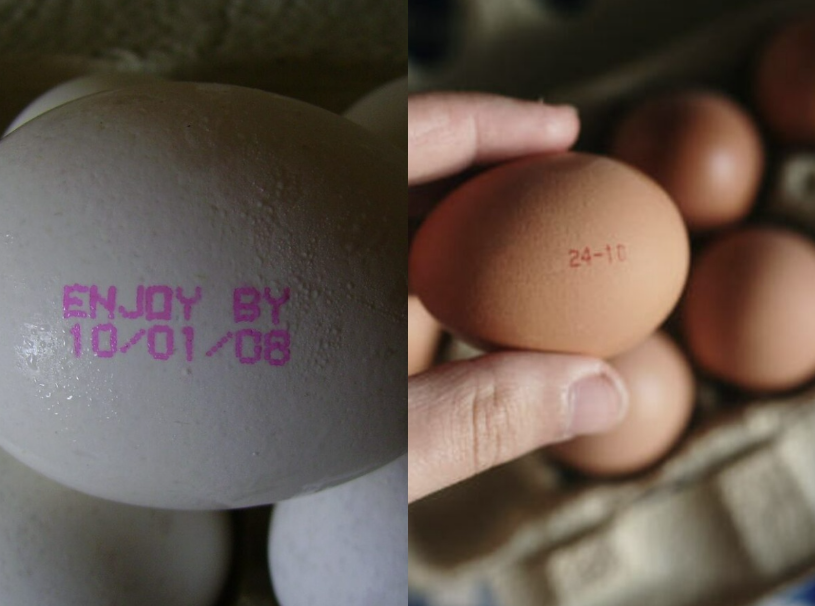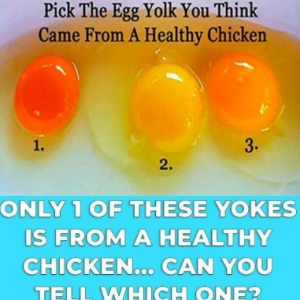Pay attention to this date from now on. It’s not an ordinary expiration date. After working for years and years in grocery stores, I see that most people just randomly buy eggs without really noticing this detail
If you are egg enthusiasts like me, there’s joy in cracking an egg, whether for a fluffy omelet, baking a cake, or making fried rice. I occasionally buy eggs from the farmer’s market, but most come from the supermarket in coded boxes. Understanding these codes became essential over time.
The three-digit code on the carton is the Julian date, which indicates the day of the year the eggs were packed. For example, 001 means January 1st, and 365 means December 31st. There’s also a code starting with ‘P’ – the plant code, showing where the eggs were processed. This is crucial during recalls. During a salmonella outbreak years ago, I checked the plant code and Julian date to ensure my eggs were safe.

Eggs are safe up to 30 days from the packing date if they are stored correctly. I check the Julian date when I buy eggs, calculating when to use them for maximum freshness.
Look for the USDA grade shield and labels like “organic” or “pastured.” Grade AA eggs are top quality, perfect for frying or poaching, while Grade A eggs are slightly less firm but still excellent for cooking.
Understanding egg carton codes ensures quality and safety, enhancing your meals. Next time you buy eggs, decode the carton and enjoy quality eggs in your culinary adventures.





